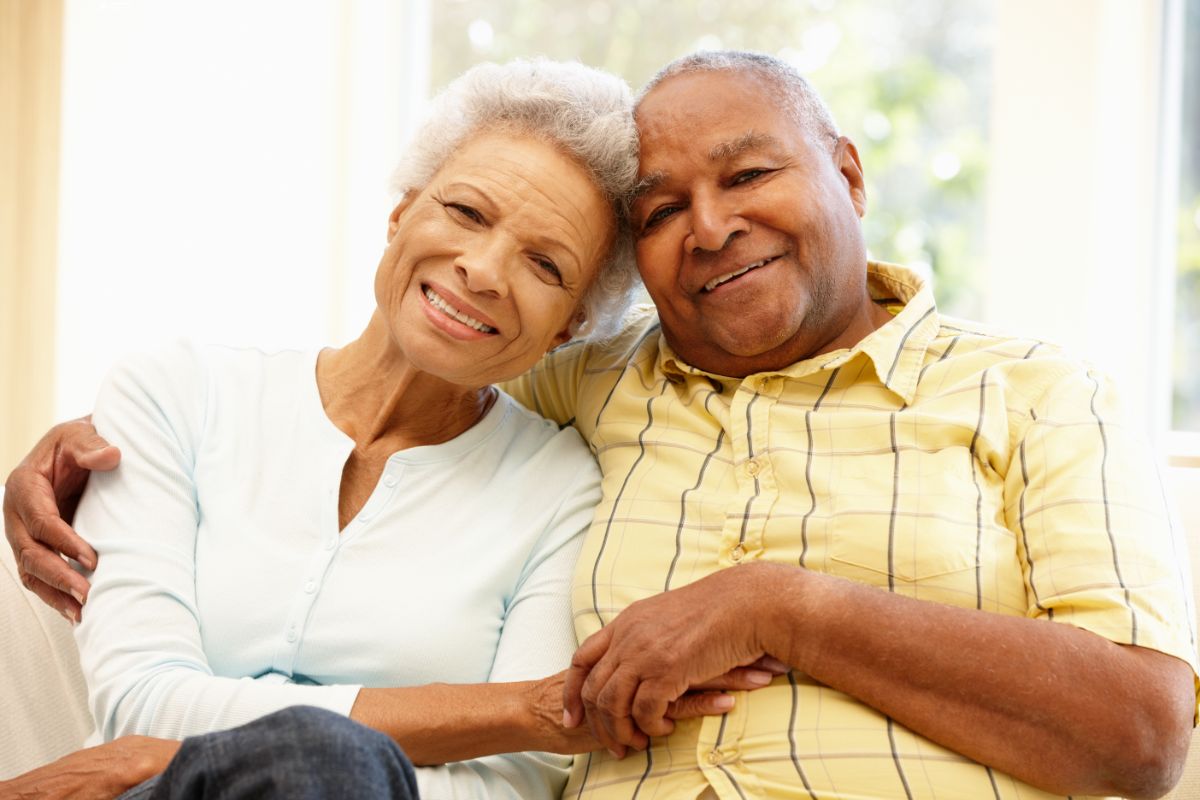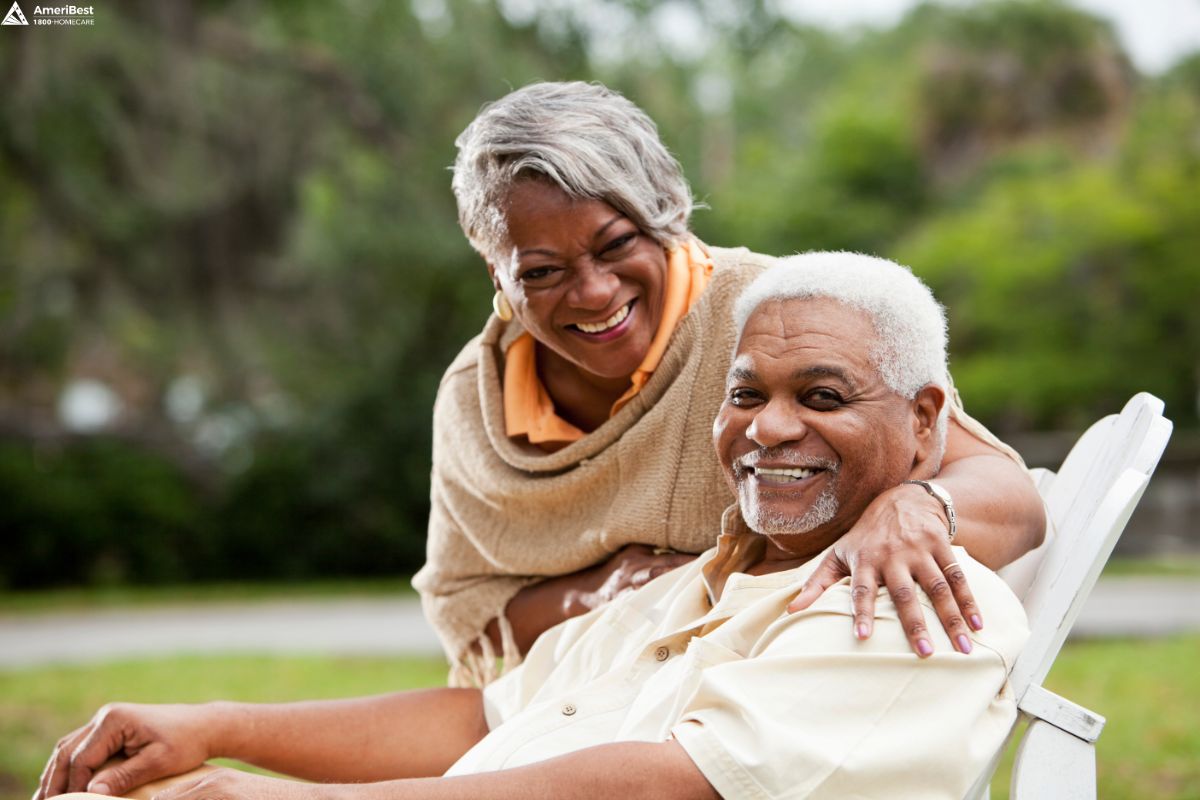Caring for the elderly, whether they’re family or not, is more than just a job. It’s a role that can make a meaningful difference in the lives of seniors and their loved ones. Elderly companionship jobs provide older adults with emotional support, social interaction, and assistance with daily activities. This can help them enjoy a better quality of life while aging in place.
If you’re considering a career in elderly companionship, you may have a few questions about the role, qualifications, and how to apply. Below, we’ll cover the most frequently asked questions to help you get started.
What Are Elderly Companionship Jobs?
Senior companionship and caregiving jobs focus on providing non-medical support to seniors. This can include activities such as:
- Having conversations to reduce loneliness and promote healthy cognition
- Helping with light housekeeping tasks and meal preparation
- Accompanying seniors to their appointments or social events
- Encouraging mental stimulation through games or hobbies
These roles are often ideal for kind and caring individuals who enjoy building meaningful connections with others.
Who Can Apply for Elderly Companionship Jobs in Philadelphia?
To apply for elderly companionship jobs in Philadelphia, you typically need the following:
- A genuine desire to help seniors. Compassion, patience, and empathy are necessary traits for senior companionship aides.
- Strong communication skills. Being a good listener and being able to encourage open and friendly conversation are key to providing companionship.
- Basic life skills. Because many caregivers assist with things like cooking and household cleaning, you should have a good grasp on routine home care activities.
Prior experience in caregiving can be helpful but isn’t always required, as some companies, like AmeriBest Home Care, provide training for the role.
What Qualifications Will You Need?
While qualifications may vary by employer, many positions ask for:
- High school diploma or equivalent. A basic level of education is typically required.
- Background check. The safety of seniors and the trust of their families is a top priority.
- Reliable transportation: Some roles involve driving seniors to appointments or errands.
Some companies may also ask for certifications like CPR, first aid, or disaster preparedness.
What Does the Application Process Involve?
Applying for a position with a home care agency like AmeriBest Home Care is typically straightforward. Here’s what the application process may entail:
- Online application: Start by visiting the company’s website to complete an online form and upload your resume, if required.
- Interview: Interviews can take place online or in person. During the interview, be prepared to discuss your skills, experience, and passion for helping seniors.
- Screening: A background check and verification of any required certifications or credentials will be conducted.
- Onboarding and training: Many agencies, including AmeriBest Home Care, provide orientation and training to ensure you have the skills and resources necessary for your role.
Is a Career in Elderly Companionship Right for You?
Working as an elderly companion has many benefits. You’ll be making a significant difference in the life of a senior, helping them maintain their independence and promoting their well-being. It can also offer you personal fulfillment, build meaningful relationships, and give you a sense of purpose. Practically speaking, many positions offer excellent flexibility, such as part-time or flexible schedules.

Let AmeriBest Home Care Help with Your Career
If you’re interested in elderly companionship jobs in Philadelphia, AmeriBest Home Care offers excellent opportunities to start or continue your caregiving career. With helpful training, supportive resources, flexible schedules, and a rewarding work environment, AmeriBest is dedicated to empowering family caregivers and elderly companion aides while ensuring seniors receive the highest level of care.



















